CliffsNotes is a long-running study guide brand. It started as a series of paper booklets (introduced in 1958) and has evolved into an online resource. It provides summaries and explanations of literature and other subjects. In 2021 CliffsNotes was acquired by Course Hero. Its purpose is to help students review material, not to replace original reading. This article examines CliffsNotes’ current offerings, user opinions, pricing, and alternatives.
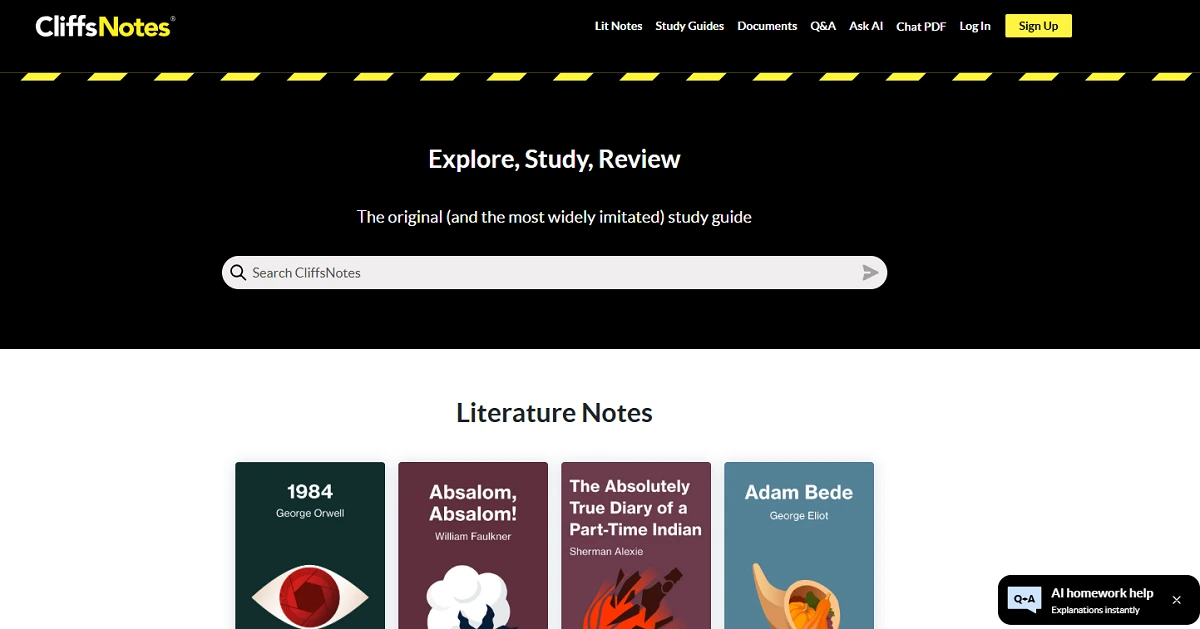
Reviews and Testimonials
User feedback on CliffsNotes is mixed. Trustpilot shows a low score (about 2.9/5), with recent 2-star reviews. For example, one user warns “save your money – the material is terrible”. Another describes a “fake” answer and no refund when challenged. A detailed online review gave CliffsNotes only 2.13/5, noting that only the free guides are useful and criticizing “lack of safety, customer support… inconvenient website, and lack of quality”. SiteJabber users similarly say answers to questions are “very rare” and delays are common. In summary, many students feel the free content is fine, but paid features can be poor. Only a few users report positive experiences (some praise answers when they work). Overall, reviews suggest CliffsNotes is legitimate but flawed – it can “ease your homework headaches” but has notable quality and support issues.
Pricing

CliffsNotes offers a mix of free and paid content. Many literature summaries and study guides are available at no cost. However, some key content (like complete book guides or test-prep courses) requires payment. For example, the CliffsNotes SAT prep course costs $29.99 for one month. Independent reviewers note that while some study material is free, “key information and books are available for reading only after purchase”. One reviewer found that purchasing a guide can cost $15–$20 or more (sometimes up to hundreds). CliffsNotes typically sells content as one-time purchases or subscriptions (through its parent Course Hero’s model). The official policy offers a 30-day refund guarantee if conditions are met.. In practice, user comments say refunds can be hard to get. There are no hidden fees beyond purchases, but the paid plans are not free and many users prefer free alternatives. In short, expect some free guides, but be prepared to pay tens of dollars for premium materials or courses.
Alternatives
Many other platforms offer similar help:

- My Engineering Buddy (MEB) – A one-on-one STEM tutoring service. MEB focuses on math, science, and engineering subjects and connects students with live tutors via chat or video. It works pay-as-you-go: tutoring starts at about $20/hour for school-level help. MEB emphasizes quality and reports high satisfaction (97% positive among 18,000+ students). Pros: personalized help for tough problems, expert tutors. Cons: much more expensive than self-study guides, mainly for STEM courses (not literature).
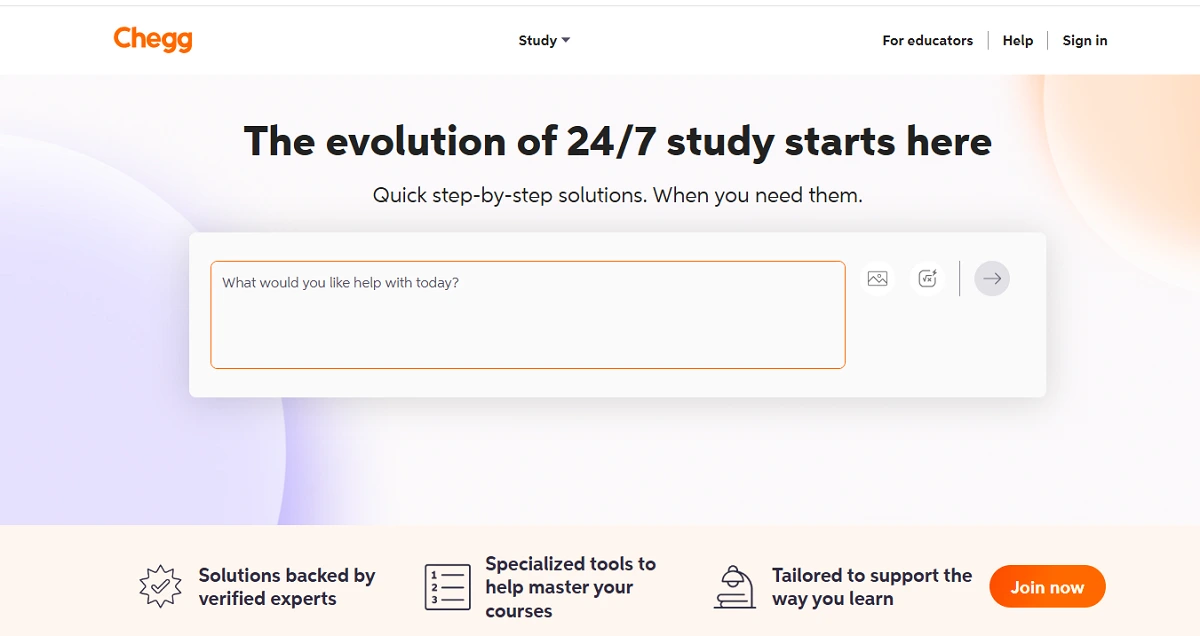
- Chegg Study – A large online homework help site. Chegg offers detailed textbook solutions and expert answers. A standard Chegg Study plan costs about $15.95/month. Chegg’s answers are usually thorough and vetted, making it strong for college-level work. Cons: monthly subscription, and like CliffsNotes it has many mixed reviews (users complain about refunds and account issues).
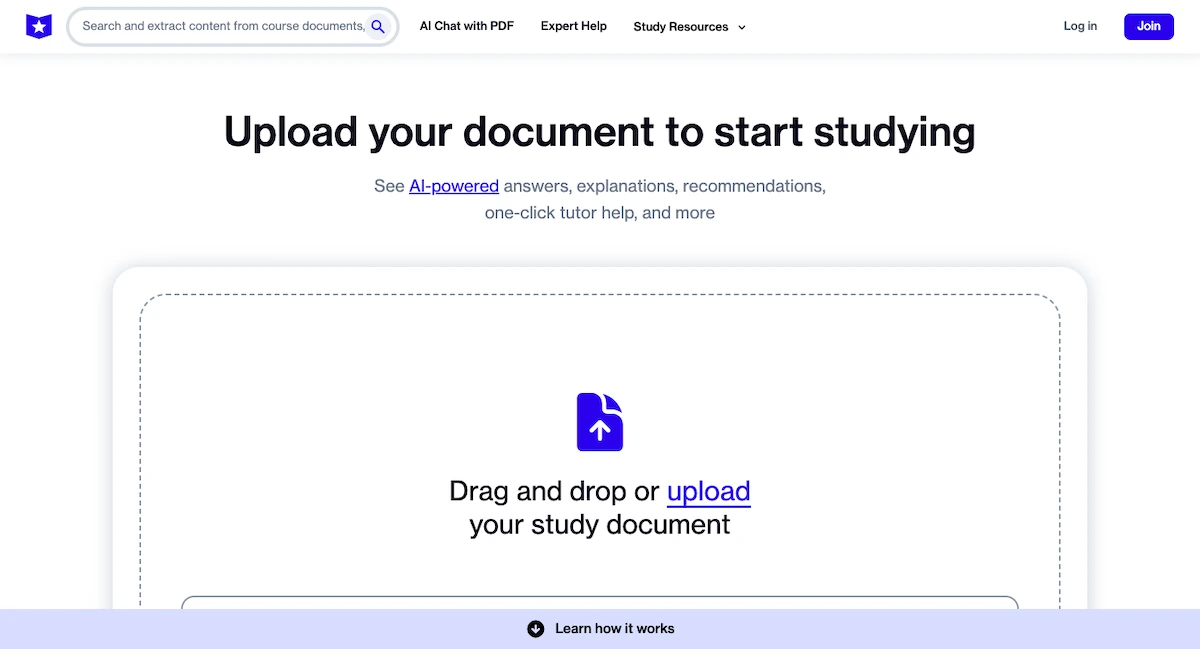
- Course Hero – A study platform (same parent as CliffsNotes) with a huge library of notes and Q&A. It uses a subscription or unlock system (premier membership ~$10/month if billed yearly, up to ~$40 month-to-month). Course Hero has millions of documents and 24/7 homework help, but content is user-uploaded so quality varies. It is useful for finding solved problems and notes. Cons: can be costly if you need many “unlocks”, and answers may not be tailored to your exact question.
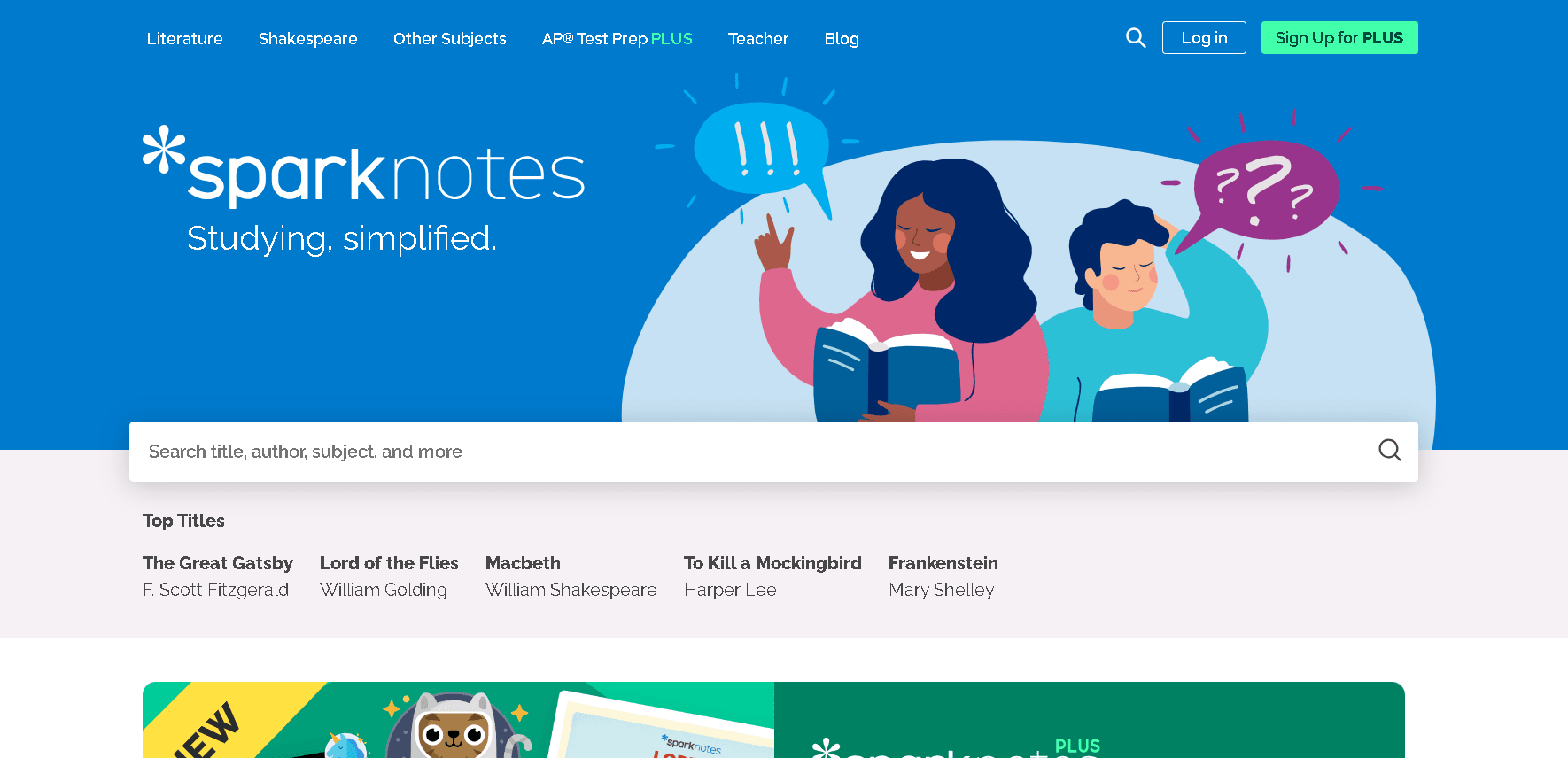
- SparkNotes – A free study guide site primarily for literature (book summaries, Shakespeare, etc.). Basic content is all free (no login needed), plus there is a “SparkNotes Plus” plan ($4.99/month or $24.99/year) to remove ads and add tools. Pros: very good free explanations for classic texts and some subjects, no cost. Cons: limited to literature and related subjects, with fewer user questions or custom help than CliffsNotes.
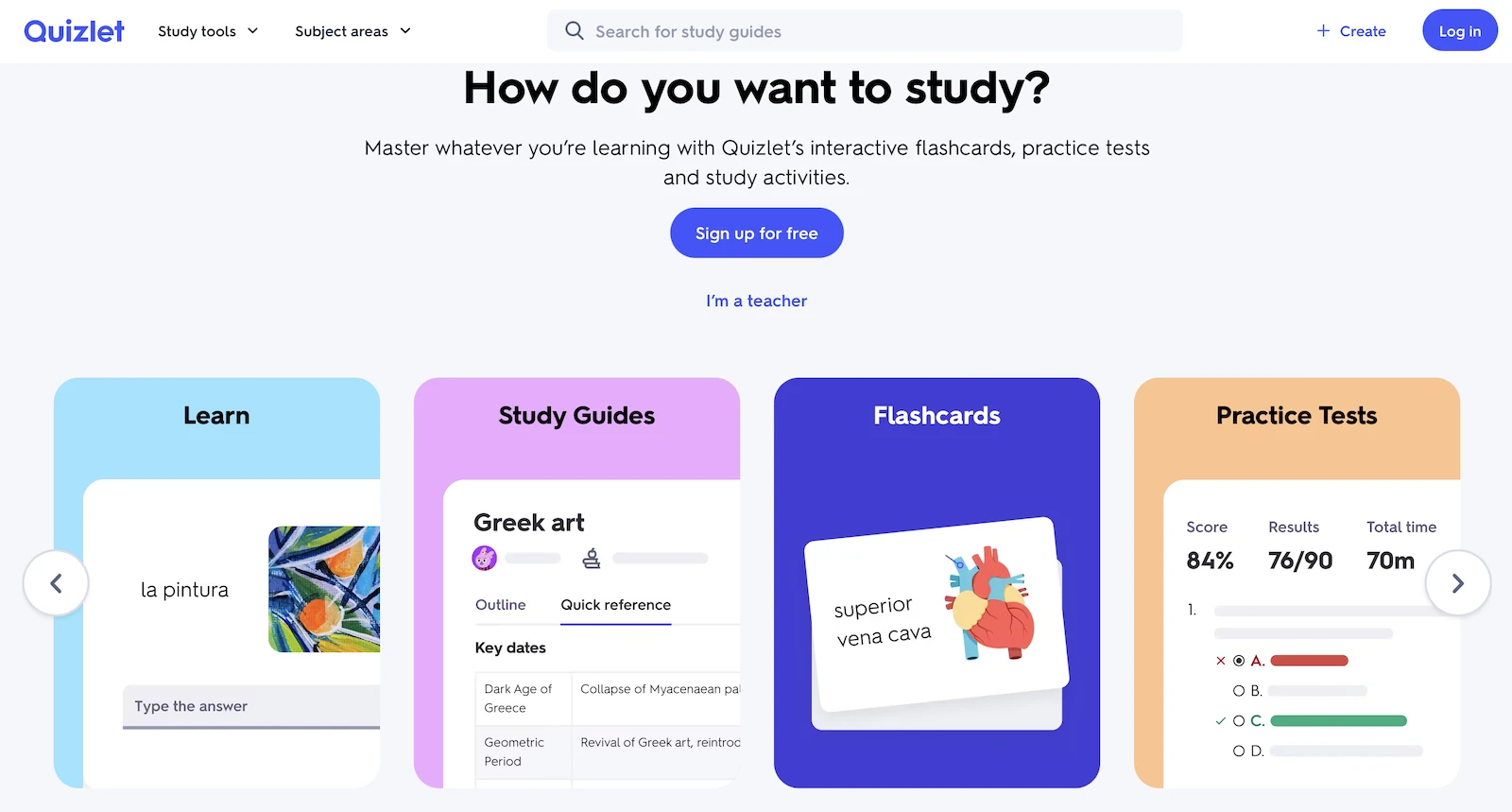
- Quizlet – A free study platform with flashcards, practice tests, and user-generated content. Quizlet’s basic tools are free, while “Quizlet Plus” costs ~$35/year for extra features. It now includes solution sets for many textbooks. Pros: huge free database and study modes. Cons: it’s mainly flashcards and self-study; you can’t ask custom questions directly.
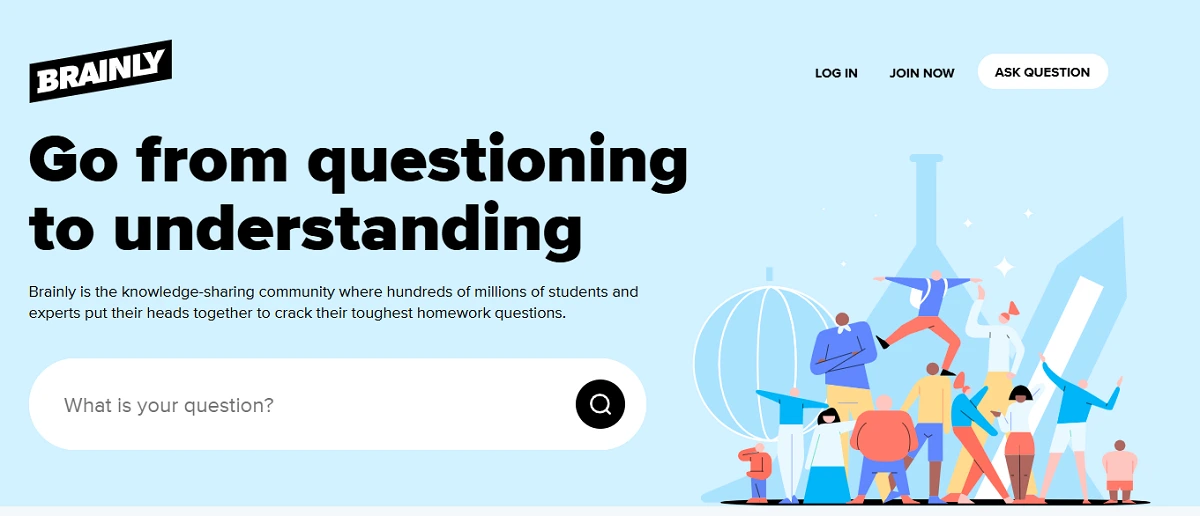
- Brainly – An online Q&A community. Brainly’s community-driven answers are mostly free (with ads), and premium plans (Brainly Plus ~ $10/mo) remove ads and add features. Like CliffsNotes, it gives quick answers, but reviews mention mixed quality and refund issues. It is free to try but remember answers may not always be correct.
How it Works
For Students
Students can sign up on CliffsNotes for free to browse content. They find literature notes, study guides, or textbooks on the site. To get help, a student can post a homework question or search existing Q&A. CliffsNotes provides answers via “expert tutors” (Course Hero’s network). To view full solutions, a student usually needs to pay or unlock content (for example by earning tokens or subscribing). Once unlocked, answers or explanations are delivered (often within a few hours). Students should note that CliffsNotes is a supplement: it “eases homework headaches” by summarizing and explaining material.
For Tutors
CliffsNotes answers are written by hired experts (often college graduates) under the Course Hero banner. To become a tutor, one must apply and prove subject knowledge. Tutors are paid per answered question. (For reference, Course Hero tutors earn roughly $20–$30 per hour of work.) Pros for tutors include flexible hours and consistent demand. Cons noted online include irregular income and sometimes strict quality standards. Reviews of Course Hero’s program say top tutors get good ratings, but others feel payment is low. Note: CliffsNotes does not offer live scheduled sessions; it is an on-demand Q&A system.
Company Info
CliffsNotes was founded by Clifton Hillegass (first published in 1958) as a publisher of student guides. (It claims its mission is to promote the reading of original texts.) Over time it grew under various publishers (IDG, Wiley, etc.). In 2021 it became part of Course Hero. The company is based in the US but its website is global. CliffsNotes publishes content created by teachers and professors. It covers core high-school/college subjects (especially English literature, but also history, science, and math). Unique selling points: large library of summaries and an online homework Q&A. Drawbacks: many students find the paid content pricey or low-quality. It has about a dozen employees (as part of Course Hero) and serves millions of students worldwide.
Comparison Table: Coursera vs My Engineering Buddy
| Feature | Coursera | My Engineering Buddy |
|---|---|---|
| Founded | 2012 (by Andrew Ng, Daphne Koller) | ~2015 (BlueAura company; 15+ years of operation) |
| Focus | Online courses and certificates across many subjects | One-on-one STEM tutoring and homework help |
| Subjects | All academic and professional fields (technology, business, arts, etc.) | Engineering, math, science, and related college courses |
| Format | Self-paced video courses, MOOCs, and specializations (video lectures) | Live private sessions via chat/video with assigned expert tutors |
| Pricing | Many courses free to audit; certificates cost $39–$99 each; “Coursera Plus” ~€352/year (~$400) | Pay-as-you-go: tutoring from ~$20/hr (school level) and up for college level |
| Payment | One-time per course or annual plan; no hourly fees | Hourly/session fees only; no monthly subscription |
| Pros | Massive catalog of top university content; many free learning options | High-quality expert help tailored to student’s needs; flexible scheduling |
| Cons | Costs add up for many certificates; not interactive tutoring | Higher cost per hour; narrower subject focus |
Customer Support & Policies
CliffsNotes has email-based support only. It offers a 30-day refund policy if conditions are met. In practice, several users report slow or no response from support. Officially, CliffsNotes will refund an unused subscription under certain limits. Transparency: the refund rules are stated on its site, but customers warn about difficulty getting any money back. Overall, support is minimal (no live chat/phone), and refund situations are handled case-by-case. It is wise to track any free trials and subscription dates to avoid unwanted charges.
Global Reach and Localization
The CliffsNotes website is accessible worldwide. It offers content in English and appears to support many languages on its site interface. (The footer lists about 15 languages including Spanish, French, Chinese, etc.). Its customer base spans the US, Canada, UK, and other English-speaking regions. There is no special version for non-English markets beyond the site translations. Most content is American/Western curriculum oriented. It does not have region-specific branches; students anywhere can use the same site.
Future Plans (AI)

CliffsNotes has not announced specific new features. However, its parent Course Hero is investing in AI. Course Hero now uses generative AI to provide instant solution hints and step-by-step explanations alongside tutor answers. For example, Course Hero’s AI Homework Help gives instant AI-generated answers in seconds. This suggests CliffsNotes users may soon see more AI-driven tools on the site. Course Hero’s official stance: AI outputs are reviewed by human experts to ensure accuracy. We expect CliffsNotes to incorporate such AI enhancements (like instant summaries or automated Q&A) in coming years, but no public roadmap is available yet.
FAQs
Q: What is CliffsNotes?
A: CliffsNotes is an online study guide site (originally print study guides from 1958). It offers summaries and explanations of books and other subjects. It aims to help students understand material and prepare for tests.
Q: How much does CliffsNotes cost?
A: CliffsNotes content is partly free but also has paid options. Many classic literature guides are free. Premium courses (like test prep) can cost money (e.g. $29.99/month for SAT prep). If you subscribe or buy guides, it’s a one-time fee. Check the site for exact prices of individual guides.
Q: Is CliffsNotes legitimate and reliable?
A: Yes, CliffsNotes is a legitimate company (now owned by Course Hero). Its content is written by educators. However, user reviews note that paid answers can be hit-or-miss. Always use the site to review and study, not as your only source. Many students use it successfully, but be careful with subscription traps and check answers.
Q: How does CliffsNotes compare to SparkNotes or other guides?
A: CliffsNotes and SparkNotes both provide study guides. SparkNotes is free and strong on literature and test prep, with optional ad-free subscription. CliffsNotes has more Q&A features (via Course Hero), but requires payment for expert answers. Some students prefer SparkNotes for free content and use CliffsNotes for additional help.
Q: What if I need live tutoring instead of CliffsNotes summaries?
A: For live help, consider alternatives like My Engineering Buddy (good for STEM, one-on-one chat/video help), Chegg Tutors, or Wyzant. CliffsNotes itself only offers asynchronous answers, not scheduled sessions. If you need a tutor, MEB or similar services are better choices.
Q: Can CliffsNotes answers be trusted for school work?
A: Answers on CliffsNotes come from “experts,” but quality can vary. Many users suggest verifying solutions yourself. Use them as a learning aid, not as a shortcut. CliffsNotes encourages academic integrity and cautions students to double-check AI or tutor answers.
Q: What payment methods does CliffsNotes accept?
A: CliffsNotes accepts credit cards and other electronic payments for purchases. You can pay for guides or subscriptions securely online. All payments are final (except under the refund policy).
Q: How do I contact CliffsNotes support?
A: CliffsNotes support is via email (see “Contact Us” on the site). They respond within a few days typically. There is no phone or live chat support. The site has a Help/FAQ section for common issues.
Q: Is there a free trial?
A: CliffsNotes itself does not advertise a universal free trial. Each product (like SAT prep) may offer a short trial period. The best free parts of the site are the literature notes and some guides, which you can access without buying anything.
Q: How does CliffsNotes handle cancellations and refunds?
A: CliffsNotes allows cancellations within 30 days for a full refund, as long as usage limits are not exceeded. If you cancel before 30 days, you can request a refund through support. After 30 days, refunds are generally not given. If you buy a wrong guide or have damage, support can also handle return requests as a special case.
Conclusion
CliffsNotes remains a well-known study aid in 2025. It provides many helpful free guides, but its paid services draw mixed opinions. Students like the quick summaries, but many find the subscription answers to be overpriced or low-quality. CliffsNotes is best used as one tool among others (like class notes, libraries, or tutoring). Alternatives like SparkNotes, Quizlet, and My Engineering Buddy each have their own strengths (free study guides, flashcard tools, or personalized tutoring). In short, CliffsNotes can be legit and useful, but be careful with subscriptions and consider other resources depending on your needs.

